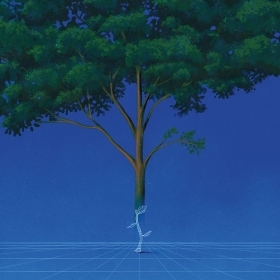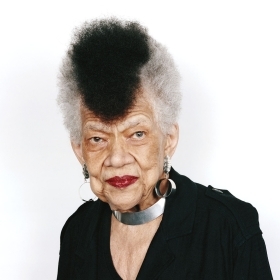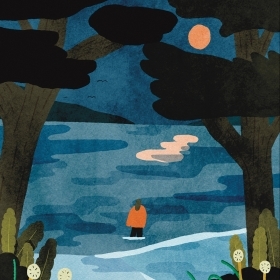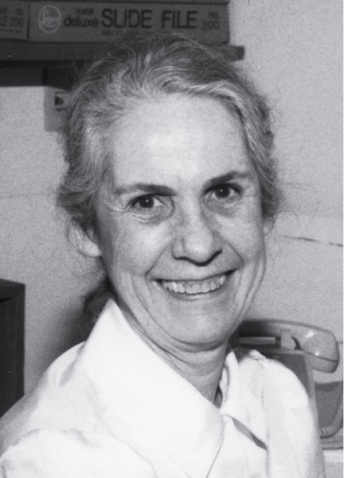Anne de Coursey Clapp, one of the first American woman historians of Asian art, passed away peacefully at her home in Cambridge, Mass., on Dec. 21, 2013, at the age of 85.
Anne’s first serious pursuit of her interest in theater arts started at Smith College. When this interest grew into a strong love, she went on to Yale University School of Drama and completed her M.F.A. in stage design in 1953. It remains a mystery why in 1960 after her marriage, Anne suddenly became a Ph.D. student of Max Leohr, the world-leading scholar of Chinese art at Harvard, from whom she learned the Noble Truths for art historians: that artistic forms can speak and style holds meaning.
In 1966, Anne began teaching part time at Wellesley, and in 1971 on the completion of her dissertation she was appointed the College’s first tenure-track assistant professor of Asian art. She was tenured in 1976, was promoted to full professor in 1983, and retired in 1999. Anne single-handedly developed a curriculum consisting of Chinese art and archaeology, Chinese painting, Japanese art, Indian art and architecture, Buddhist art, and seminars on topics of Chinese painting. It is said that her classes were so rigorous and demanding that they were never “popular,” but those who studied with her always found her teaching inspiring and unforgettable. Anne served as chair of the art department in 1980–81 and again from 1982 to ’84. Her dedication and generosity helped the art library and Visual Resources build up possibly the best collection of Asian art books and slides at any liberal-arts college in the country.
As a scholar, Anne was internationally recognized for her two groundbreaking books on two master-painters of the Ming Dynasty (1368–1644): Wen Cheng-ming: the Ming Artist and Antiquity (1975) and The Landscape Art of T’ang Yin (1991). Also important is her third book, Commemorative Landscape Painting in China (2012), completed admirably in her octogenarian years based on her lectures given at Princeton University in 2007. Anne won two awards from the National Endowment for the Humanities (1974 and 1981) for her research. For critics and specialists, Anne was well known for her limpid style of writing with lyrical evocations. She was a member of the National Academy of Sciences Delegation to China in 1977, among the first American scholars to visit the country after Mao’s Cultural Revolution.
I still remember well my first meeting with Anne during my campus interviews in March 1999. Without an appointment, I stopped by her office to say hello. The office was the simplest of any colleagues’ I have ever seen, with an austerity close to a Chan Buddhist meditation room. Her solemn appearance was soon betrayed by her warmhearted greetings. It was a privilege for me to become Anne’s successor, and I have benefited immensely from her legacy in the art department. Through the years, my wife, Ming, and I enjoyed Anne’s friendship and her (in her own words) “old-fashioned” wit and wisdom. Her honesty, her humanity and humility, her never-ceasing intellectual curiosity, and her love of Asian art and culture will continue to inspire all those who knew her.
To celebrate Anne’s life as teacher-scholar, I would like to cite a poem written on a commemorative landscape painting in 1064 by the then 90-year-old Chinese scholar-official-poet Zhang Wei, which was lovingly translated by Anne, from her 2012 book:
When the midwinter ice first breaks and the Tiao River clears,
I chant as I wander past misty villages, by distant towns.
On a sandbar the sun sets where wildfowl flock together,
From my pillow the west wind sounds like drums and horns.
A lone scull and a winter lantern follow me fishing through the night,
I seize the moment of timely rain to plow the spring fields.
Why say wealth is first among the Five Happinesses?
I have lived more than ninety years in perfect peace.
She was only five years short!
Heping Liu is an associate professor of art at Wellesley.





We ask that those who engage in Wellesley magazine's online community act with honesty, integrity, and respect. (Remember the honor code, alums?) We reserve the right to remove comments by impersonators or comments that are not civil and relevant to the subject at hand. By posting here, you are permitting Wellesley magazine to edit and republish your comment in all media. Please remember that all posts are public.